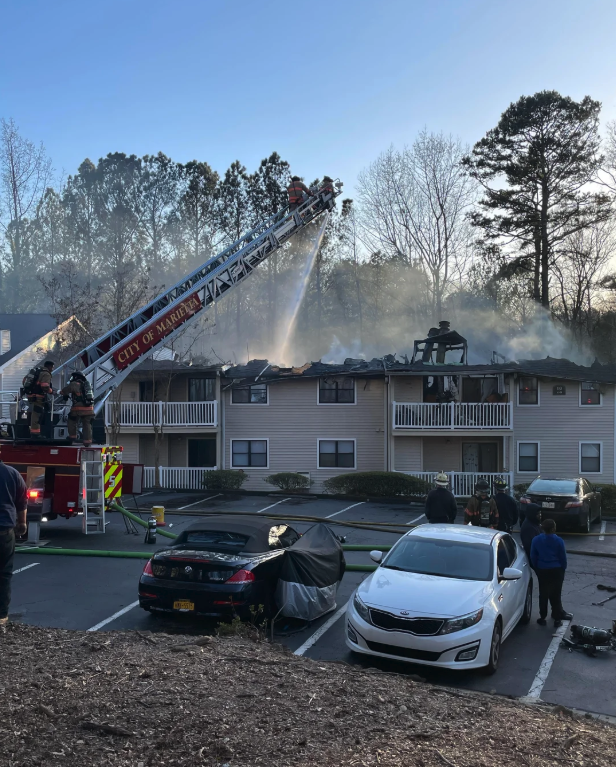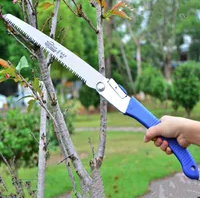Essential Kitchen Fire Safety Guide for Tenants

Are you renting out your home or apartment? Here are some essential fire safety tips you should let them know about!

Picture this, you’re trying to cook dinner for the family, while helping the children with homework, and doing some laundry. Without thinking, you leave the napkin too close to the stove while you step out of the kitchen for only a minute. Soon, you’re alerted by the smell of something burning, smoke filling your lungs, and your alarms going haywire.
Unlike a water leak that could take weeks to become a major problem, it takes only one moment of carelessness for a fire to start and get out of control. Thus, putting your belongings, property, and even life at risk. That’s why this essential kitchen fire safety guide for tenants is essential for both landlords and renters. Continue reading below as we learn the leading causes of kitchen fires and how you can prevent them.
Why Kitchen Fires are Leading Causes of Rental Property Damage?
The High Incidence of Unattended Cooking
The number one cause of kitchen fires is unattended cooking. This is especially prevalent in rental properties where tenants may be new to the space, busy with daily life, or simply less vigilant than a homeowner might be. The simple act of stepping away from the stove is a major reason why cooking-related incidents account for a staggering portion of all residential fires. For this reason, landlords in Atlanta are required to provide a fire extinguisher, either in common areas of the apartment complex or in the individual unit.
The Abundance of Flammable Materials
A kitchen is a perfect area of potential fire hazards. Beyond the open flames and hot surfaces of the stove and oven, there are numerous flammable items nearby. Paper towels, dishcloths, food packaging, and oven mitts are often stored close to cooking areas for convenience. If a fire starts, these materials can quickly catch fire and spread the flames to cabinets, countertops, and other parts of the kitchen, especially if your smoke alarms don’t work. This is why it’s important to work with a proactive rental manager in Atlanta to ensure faulty alarms are changed immediately.
The Shared and High-Density Nature of Rental Buildings
Having a kitchen fire that spreads can affect multiple units through shared walls, ventilation systems, or by a simple lack of a fire suppression system. For single-family homes, the density of rental apartments means that one tenant’s mistake can put the lives and property of their neighbors at risk. This is why renters are reminded regularly to maintain a fire-safe environment, which includes cleaning grease buildup or checking if smoke detectors are working properly.
Fire Safety Rules Every Tenant Should Follow
Know the Location of Fire Extinguishers
Every tenant should know where the nearest fire extinguisher is located and how to use it. Most fire extinguishers use the PASS method: Pull the pin, Aim the nozzle at the base of the fire, Squeeze the handle, and Sweep the nozzle from side to side. While a fire extinguisher is not a substitute for calling 911, it can be effective for putting out small, contained fires before they get out of control. Ensure your landlord provides a working extinguisher and that you know its location.
Understand the Smoke Alarm System
Stay alert by getting familiar with your smoke alarm system. In other words, it’s essential for landlords to give tenants a rundown on where the smoke and carbon monoxide detectors are and how to test them. In situations where it is the tenant’s responsibility to change the batteries, you should also give them a heads-up on how frequently they need to perform that task and send a reminder. Experts often recommend testing your smoke alarms monthly and replacing the batteries at least once a year. As a renter, make it a habit to always check the alarm when it goes off. Do not ignore it, even if you think it’s just from burnt toast. A working smoke alarm can give you and your neighbors precious extra minutes to escape a fire.
If a fire breaks out, it’s often a necessary add-on to qualify for insurance. Landlord insurance covers fire damage, especially if it causes the property to be uninhabitable. As for the renters’ insurance, it could also help since it covers emergency housing assistance if needed.
Avoid DIY Electrical Fixes
As much as possible, never attempt to fix electrical issues on your own while waiting for an electrician. Faulty electrical wiring is one of the major causes of residential fires. If in any case you experience any flickering lights, strange smells, or sparks from outlets, report them immediately to your landlord. Another thing to take note of is that avoiding using overloaded extension cords or faulty appliances can also lead to electrical fires, so use these devices as intended only.
Conclusion
We’ve seen how quickly small mistakes, such as unattended cooking or the structural nature of high-density buildings, can turn into costly property damage. Kitchen fire safety is extremely important for property owners and tenants.
By knowing where fire extinguishers are, tenants can put out minor fires or buy some time before firefighters show up. Maintaining smoke alarms and avoiding DIY electrical fixes can also reduce the risk of a fire outbreak. Remember to stay alert in the kitchen to ensure your home remains a safe place to live.








